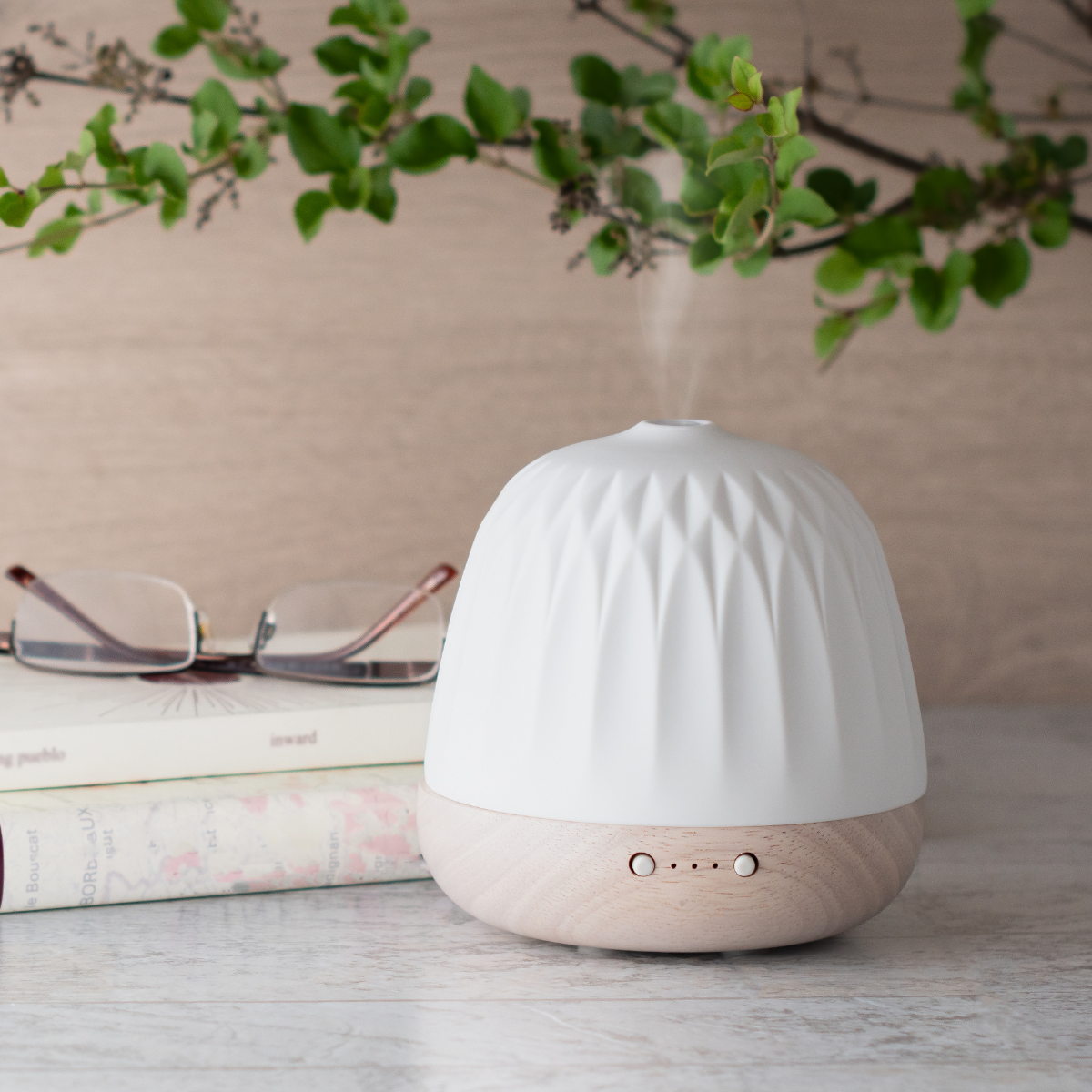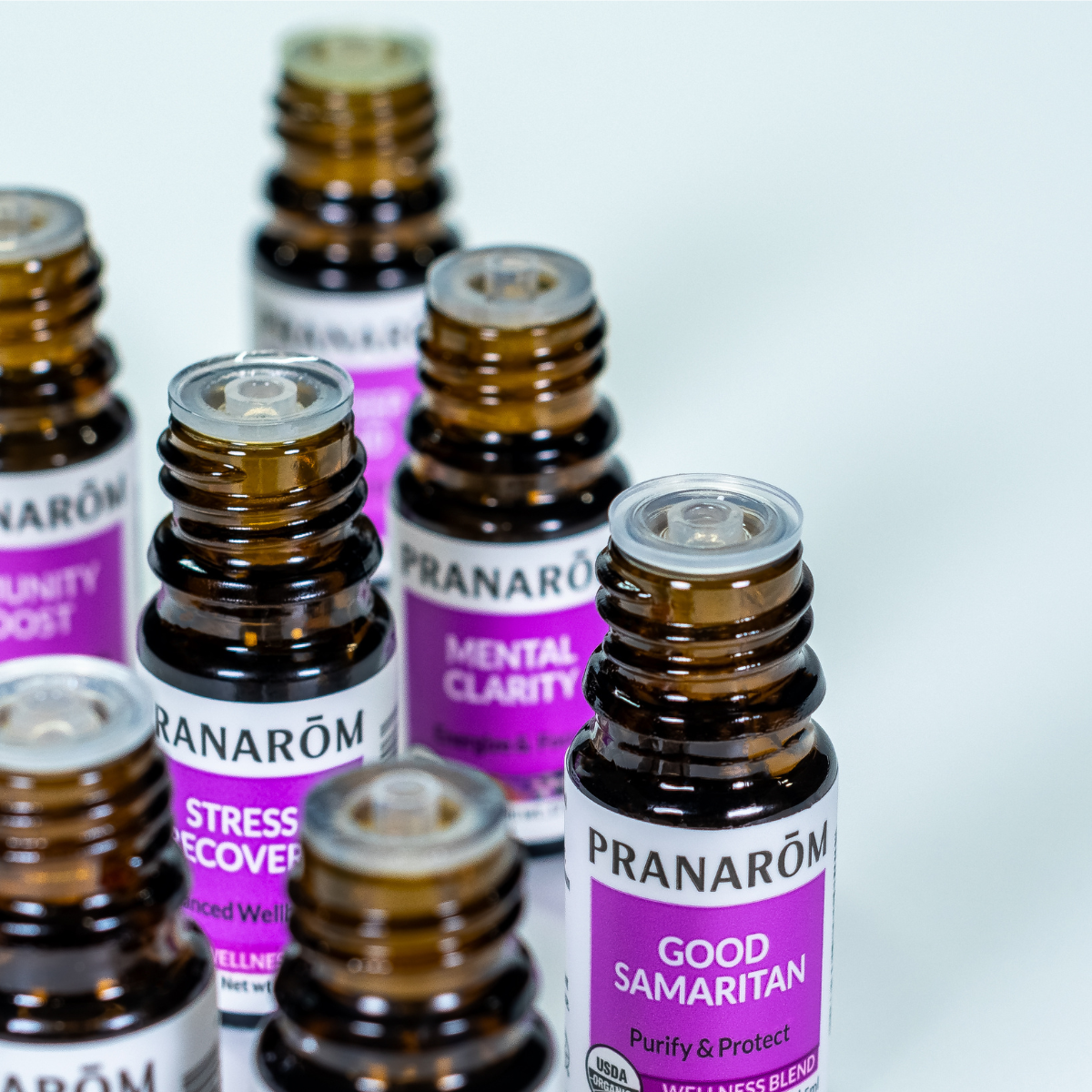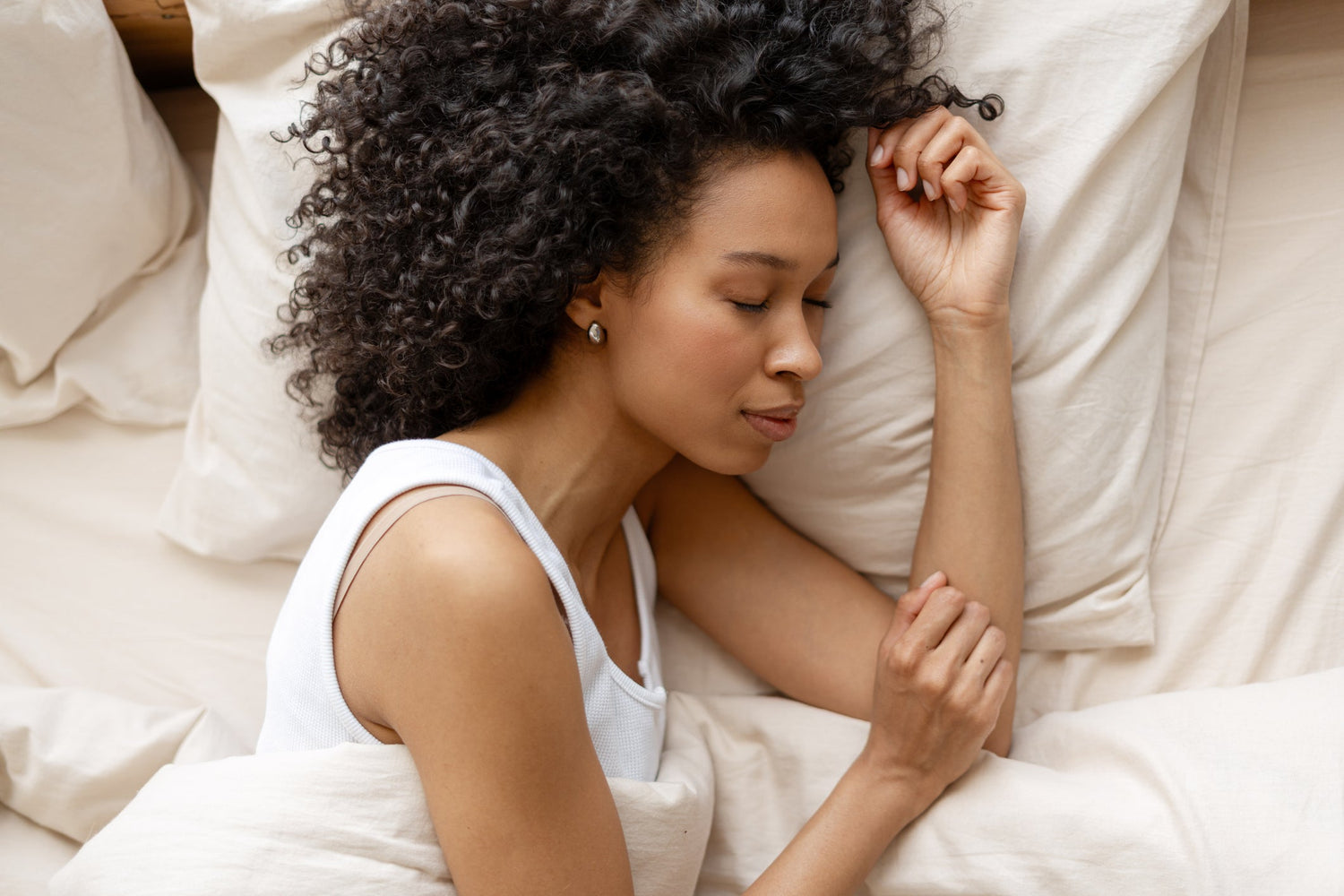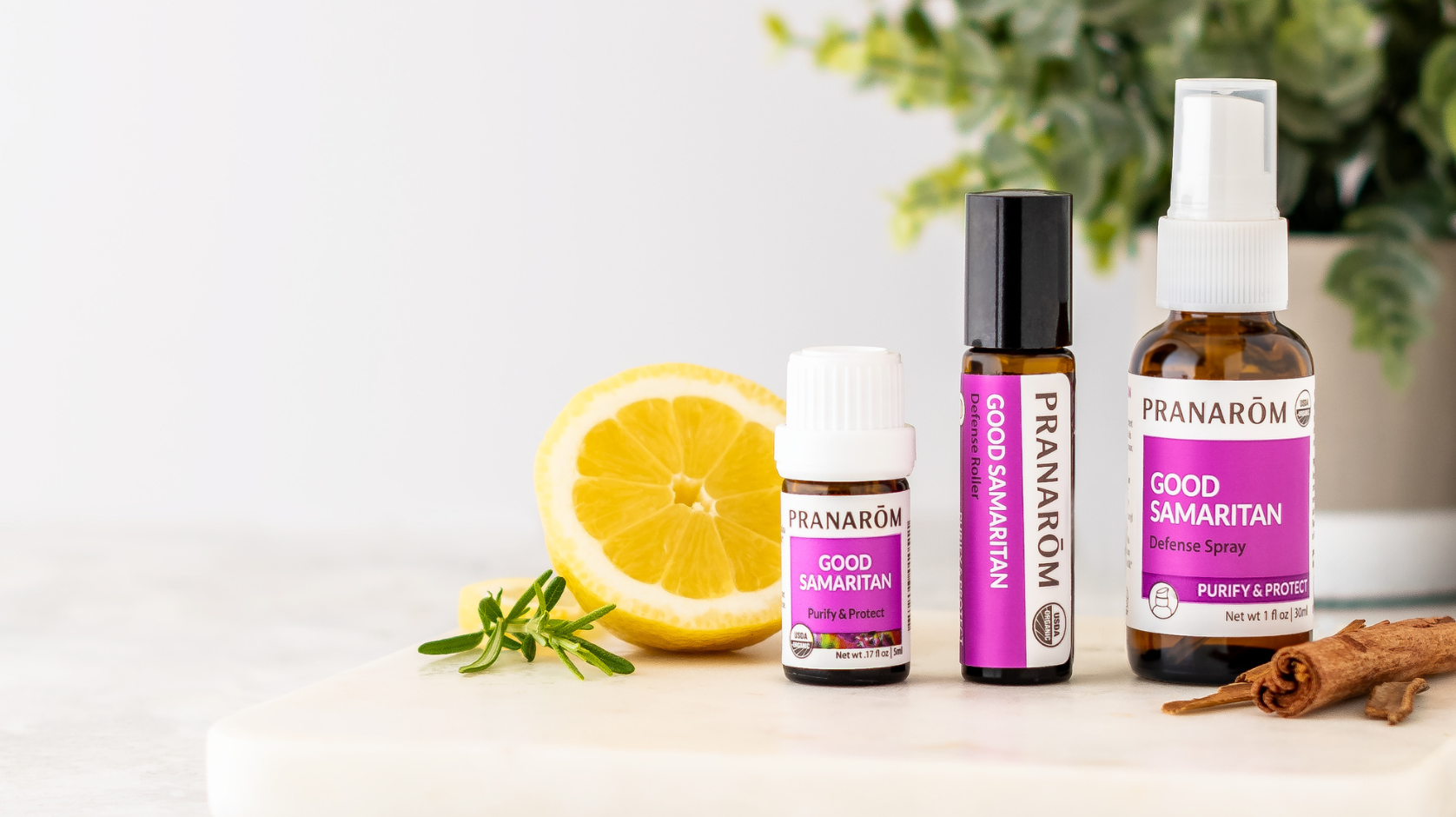How to sleep better, naturally.
According to a study done by the CDC, about 1 in 3 US adults (35%) have trouble sleeping, regularly getting less than the recommended 7 hours of sleep per night. Even more concerning, an estimated 50 to 70 million Americans suffer from a sleep disorder, ranging from insomnia and sleep apnea to restless leg syndrome and narcolepsy.
Whether it’s trouble falling asleep, staying asleep, or just poor sleep quality, getting enough rest is a common issue in our day and age. But sleep deprivation isn’t just about low energy — poor quality sleep has a negative impact on everything from mental health and heart health to a properly functioning immune system.
While some sleep disorders require help from your health practitioner, there are also relatively simple habits you can try to improve your sleep. After all, the pursuit of better sleep isn’t just about logging more hours — it’s about creating a balanced lifestyle that supports rest at night and energy during the day. Here are 10 scientifically backed strategies that you can start implementing today.
Habits to Practice During the Day
1. Daily Exercise
Research shows that getting regular exercise can seriously improve your sleep. One study found that people who stuck to a 12-week workout program slept longer, woke up less during the night, and felt more rested overall — changes that were confirmed by both sleep trackers and questionnaires. (1)
Another analysis of over 20 studies found that exercise helps reduce symptoms of insomnia, even more effectively than some medications or doing nothing at all. (2)
2. Natural sunlight
Staying grounded in nature, including the rising and setting of the sun, can help regulate your body's internal clock. Experiencing natural light before scrolling through social media or checking emails is one of the best ways to wake up your body and mind. Getting outside and in the sunshine throughout the day has its benefits, too.
A study involving 103 adults found that morning sunlight exposure predicted better sleep quality the following night, as measured by the Pittsburgh Sleep Quality Index. This effect was not observed with evening sunlight exposure. The researchers suggest that morning sunlight helps regulate circadian rhythms, leading to improved sleep outcomes. (3)
3. Eat dinner several hours before bed
Large meals are best left for lunch time - try opting for a lighter meal several hours before bed. Eating meals within three hours of bedtime can negatively impact sleep quality - a study involving 793 young adults found that consuming food close to bedtime was associated with increased nocturnal awakenings. Participants who ate within three hours of sleep were 61% more likely to experience nighttime disruptions compared to those who ate earlier. (4)
4. Natural supplements
Dietary supplements like magnesium can be very helpful when it comes to supporting good sleep. Melatonin supplements are another popular option - be sure to consult with your healthcare practitioner to find out what works best for you.
Some of our favorite Pranarom supplements include Lavender Mini-Caps or our Sleep Aromaboost supplement, which features Valerian Extract, Vitamins B3, B6 & D3, and a blend of Roman Chamomile + Lavender Essential Oils.
Habits to Practice in the Evening / Before Bed
5. Avoid bright light before bed
Even gentle evening lighting can have a bigger impact on your sleep than you might expect. It’s not just the blue light from phones and screens — regular room lighting can also interfere with your body’s natural sleep rhythm. One study found that exposure to typical indoor light in the hours before bed delayed melatonin production (the hormone that helps you feel sleepy), cut its duration by about an hour and a half, and reduced overall levels by more than 50% compared to very dim light (Gooley et al., 2011).
To help your body wind down naturally, try swapping bright overhead lights for softer, warmer light sources in the evening. Dim lamps, salt lamps, or even candlelight can create a calming atmosphere without disrupting melatonin production.
You might also consider using warm-colored light bulbs (2,700K or lower) or smart lights set to a low, amber tone after sunset. These simple changes can signal to your brain that it's time to relax.
6. Employ relaxation techniques
As the day comes to a close, you can shift your body and mind out of "go" mode with slower activities. Leave the intense workouts, stressful conversations & multi-tasking to tomorrow - instead, light a candle, lower the lights, enjoy a cup of tea, journal, or read a book. Think of it as a transition period: try not to rush anything, pay attention to your breath, and don't start anything new.
It's hard to switch from the productivity mindset of the day straight into a sleep conducive mindset. Use this time to gently bridge the two opposites, allowing rest to follow naturally.
7. No electronic devices before bed
You've probably heard it before, but it bears repeating. Technology is not only overstimulating, but blue light from TV screens, smart phones and laptops send signals to your brain telling you that it's still day time, messing with your circadian rhythm and making it harder to fall asleep. (6)(7)
It’s tempting to binge-watch shows or scroll through social media to unwind before bed — but try giving your mind a different kind of break. Reach for a book, put on some music (bonus points for a non-digital format, like records and a turntable), or spend a few quiet minutes in meditation. Better yet, step outside and listen to the night noises, breathe in the cool air, and gaze up at the stars.
8. A consistent sleep schedule
Sleep studies show that staying consistent with the time when you fall asleep and your wake up time in the morning can help lead to better rest. A systematic review of over 90,000 adults across multiple countries found that greater variability in sleep timing—i.e., going to bed and waking up at different times—was generally linked with worse health outcomes, whereas regular sleep schedules were favorably associated with better health and well‑being. (8)
This can be hard if you get up early during your work week, then sleep in a few hours late on the weekend - but really, give it a try. It's worth it. Keep a sleep diary to track your progress, noting when you feel more energized and rested, & identifying factors that might be hindering you.
Habits to Practice at Bedtime / In Your Sleep Environment
9. Create a relaxing sleep environment
Small touches like clean sheets, comfortable pajamas, a cooler temperature, and ambient lighting help signal to your brain that it's time to rest, unwind & fall to sleep. You can also diffuse essential oils like Lavender or our Sleep Aid essential oil blend, and spritz your pillow with lavender hydrosol.
Your bedroom environment can be a crucial component to healthy sleep habits - by creating a space that feels calm, quiet, and comforting, you invite sleep in more naturally, making rest not just something you aim for, but something your surroundings help you ease into.
10. Prioritize at least seven hours of rest
Although this will vary by person, research consistently shows that most adults need around seven hours of sleep per night to maintain good health and cognitive function. Insufficient sleep has been linked to increased risks of heart disease, obesity, diabetes, and impaired immune function. Conversely, consistently sleeping more than nine hours can also be associated with negative health outcomes and increased daytime fatigue, highlighting the importance of finding your personal “just right” amount — a true Goldilocks situation.(10)
Using a sleep journal can help you discover how much is enough quality sleep for you. Record how long you sleep each night, what time you went to bed, etc... and record how you felt the next day. Note how long you sleep each night, your bedtime, and how you feel the following day to better understand your unique sleep personality.
A few final thoughts before we put this to bed...
The pursuit of a good night’s sleep isn’t just about hitting a certain number of hours — it’s about cultivating a balanced lifestyle that helps you feel your best. Energy during the day flows naturally into rest at night. By making small adjustments to your daily, evening, and bedtime routines, you can set yourself up for deeper, more restorative sleep. Imbalance in one area often leads to imbalance in the other — the key is finding harmony between both. Quality sleep is foundational to your overall well-being, and it’s well worth the time and effort it takes to discover what works best for you.
References
(1) Jurado-Fasoli, L., De-la-O, A., Molina-Hidalgo, C., Castillo, M. J., & Amaro-Gahete, F. J. (2020). Exercise training improves sleep quality: A randomized controlled trial. Sleep Medicine, 67, 201–209. https://doi.org/10.1016/j.sleep.2019.12.014
(2) Li, L., Wang, Y., Liu, Q., Tang, W., & He, J. (2021). Effect of exercise intervention on primary insomnia: A meta-analysis. Psychiatry Research, 299, 113856. https://doi.org/10.1016/j.psychres.2021.113856
(3) Huang, Y., Zhang, L., & Wang, J. (2023). Does sunlight exposure predict next-night sleep? A daily diary study among U.S. adults. Sleep Health, 9(2), 101–107. https://doi.org/10.1016/j.sleh.2023.01.003
(4) St-Onge, M. P., Mikic, A., & Pietrolungo, C. E. (2020). Effects of diet on sleep quality. Advances in Nutrition, 11(5), 972–979. https://doi.org/10.1093/advances/nmaa041
(5) Gooley, J. J., Chamberlain, K., Smith, K. A., Khalsa, S. B., Rajaratnam, S. M. W., Van Reen, E., Zeitzer, J. M., Czeisler, C. A., & Lockley, S. W. (2011). Exposure to room light before bedtime suppresses melatonin onset and shortens melatonin duration in humans. Journal of Clinical Endocrinology & Metabolism, 96(3), E463–E472. https://doi.org/10.1210/jc.2010‑2098
(6) Silvani MI, Werder R, Perret C. The influence of blue light on sleep, performance and wellbeing in young adults: A systematic review. Front Physiol. 2022 Aug 16;13:943108. doi: 10.3389/fphys.2022.943108.
(7) Brosnan B, Haszard JJ, Meredith-Jones KA, Wickham SR, Galland BC, Taylor RW. Screen Use at Bedtime and Sleep Duration and Quality Among Youths. JAMA Pediatr. 2024 Nov 1;178(11):1147-1154.
(8) Chowdhury, E. A., Richardson, E. A., & Britton, J. (2020). Sleep timing, sleep consistency, and health in adults: a systematic review. Applied Physiology, Nutrition, and Metabolism, 45(11), 1163–1175. https://doi.org/10.1139/apnm-2020-0032
(9) Chen TY, Hiyama A, Muramatsu M, Hinotsu A. The Effect of Lavender on Sleep Quality in Individuals Without Insomnia: A Systematic Review. Holist Nurs Pract. 2022 Jul-Aug 01;36(4):223-231. doi: 10.1097/HNP.0000000000000528.
(10) Hirshkowitz, M., Whiton, K., Albert, S. M., Alessi, C., Bruni, O., DonCarlos, L., ... & Adams Hillard, P. J. (2015). National Sleep Foundation’s sleep time duration recommendations: methodology and results summary. Sleep Health, 1(1), 40-43. https://doi.org/10.1016/j.sleh.2014.12.010










